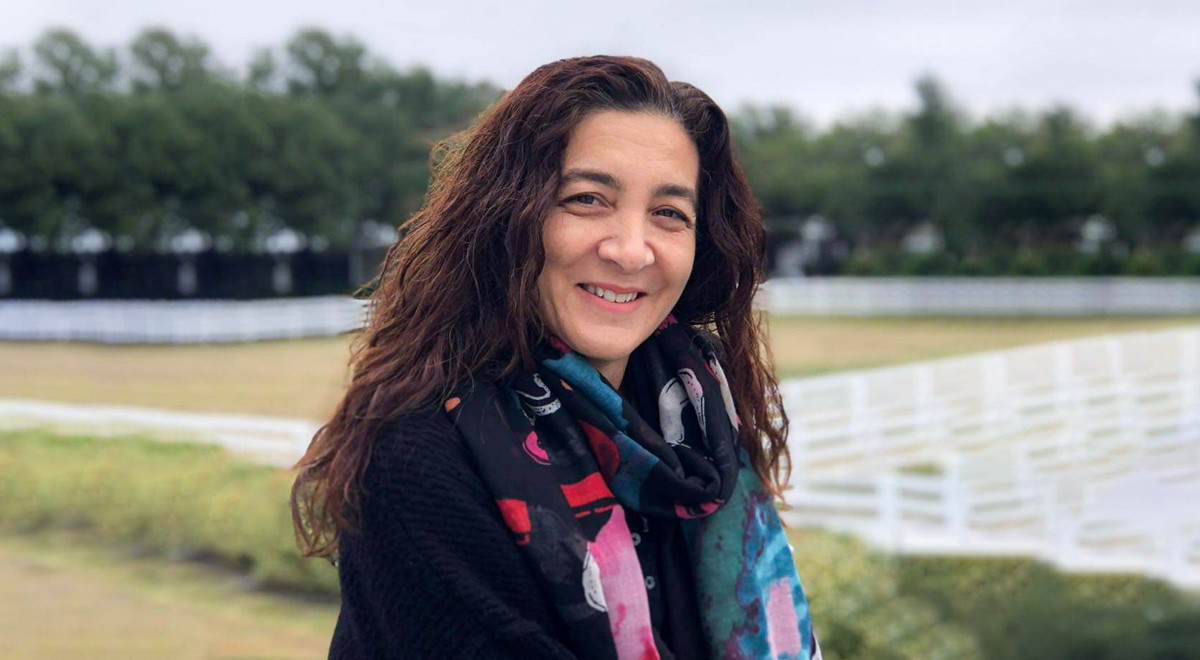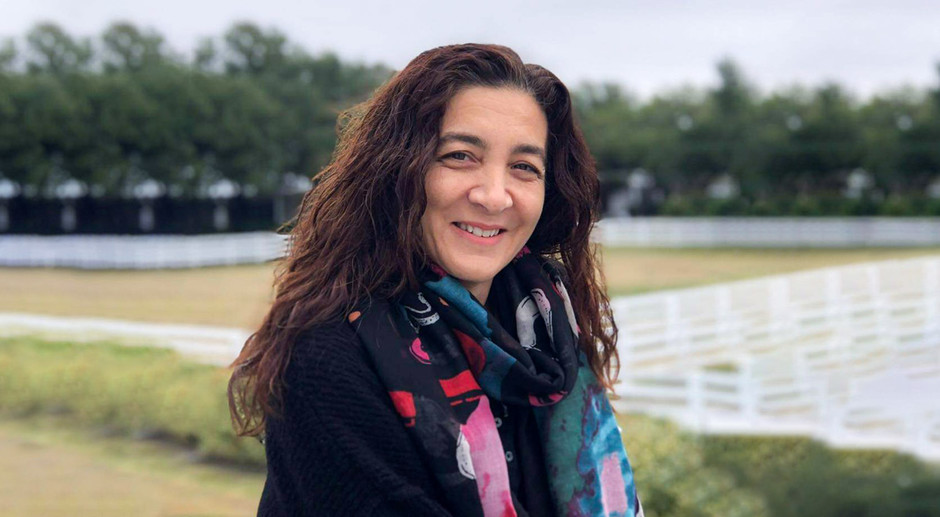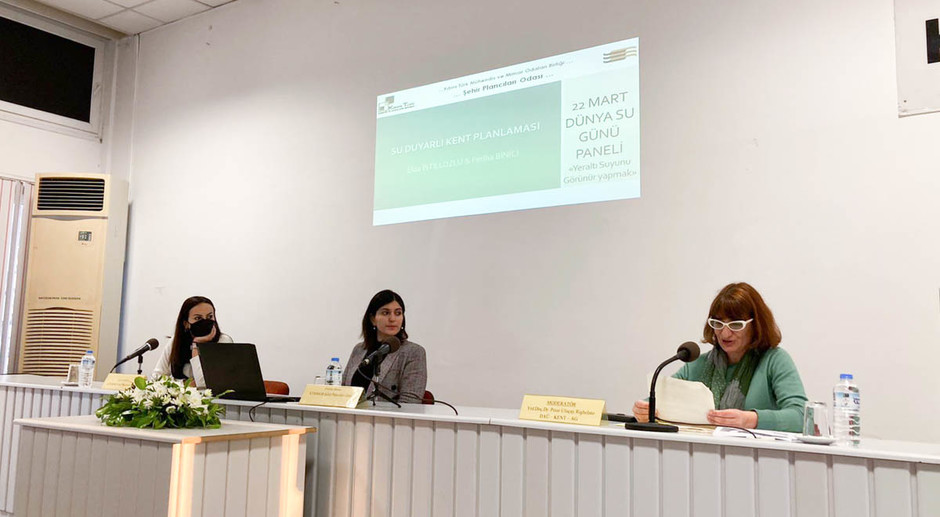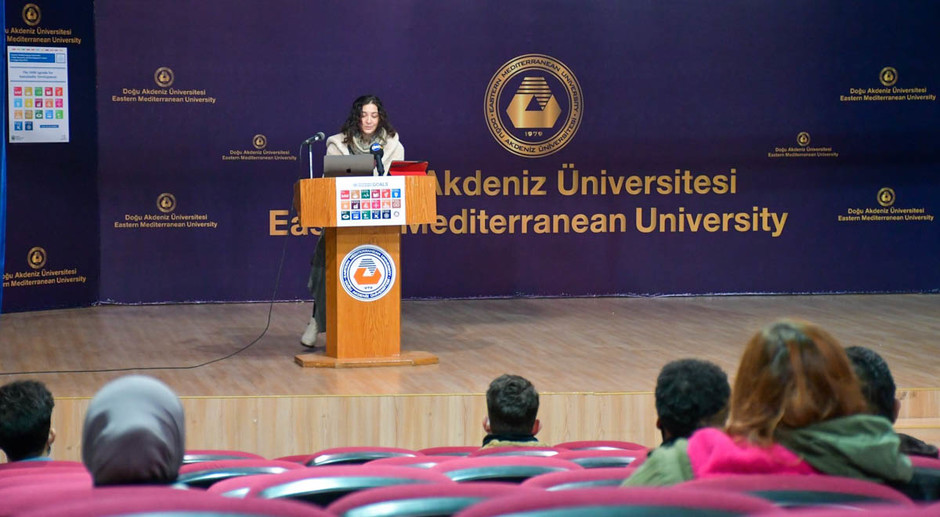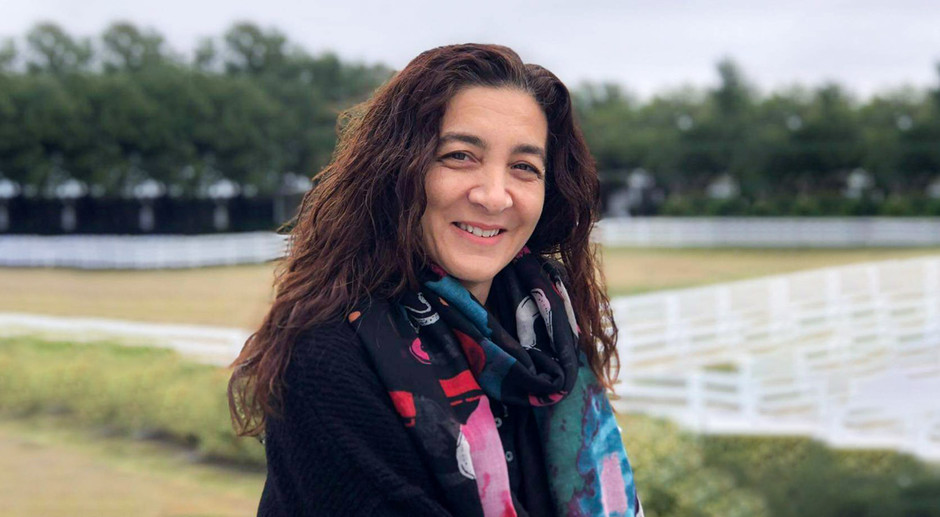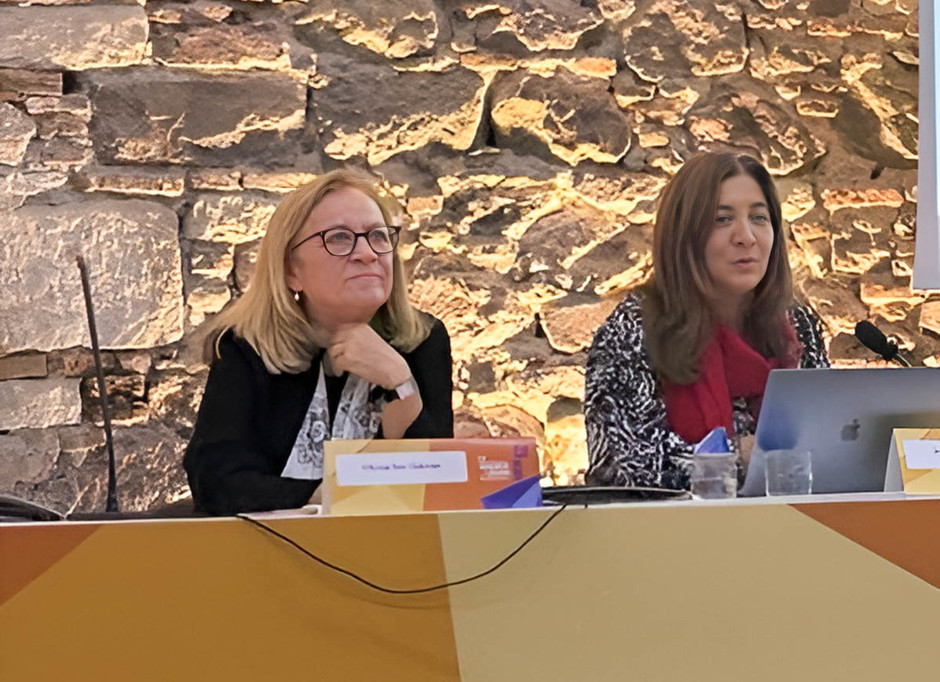The Chair of the Eastern Mediterranean University Urban Research and Development Center (EMU URDC), Prof. Dr. Şebnem Hoşkara, has released a message for World Habitat Day 2023. In her message, Prof. Dr. Hoşkara stated the following:
"World Habitat Day 2023: 'Resilient Urban Economies'"
"Upon the United Nations' resolution 40/202 in 1985, World Habitat Day is observed every year on the first Monday of October, parallel to World Architecture Day, to raise awareness amongst all communities about the challenges and opportunities created by rapid changes in our cities and towns. The World Habitat Day is recognized as the start of 'Urban October' by UN-HABITAT, focusing on urban issues.
Observed every year under a different theme, World Habitat Day aims to spread awareness of the fundamental right to housing and remind people of their responsibility for the living spaces of future generations. World Habitat Day 2023, observed on the 2nd of October this year, focuses on 'Resilient Urban Economies,' highlighting the potential of cities to be the driving forces of inclusive, green, and sustainable growth. United Nations Secretary-General António Guterres emphasizes that 'to fulfill the goals of inclusive, green, and sustainable growth, cities must confront a range of challenges, from economic shocks to increasing climate emergencies and expanding inequalities.' He also states that 'through the Local 2030 Coalition, the entire United Nations system is mobilized to address these crises at their core and advance sustainable urbanization.'
According to a report by the International Monetary Fund (IMF) released in April, 2023 has been a particularly challenging year for Urban Economies. Global economic growth has dropped to around 2.5%, making it the weakest growth since 2001, except for the initial COVID-19 crisis in 2020 and the global financial crisis of 2009. As indicated in the 2022 World Cities Report by UN-Habitat, given the significant contribution of cities to national economies, the productivity of urban areas will determine the future of many countries. In other words, cities are engines that create value and accelerate economic recovery.
For this economic growth and recovery to be sustainable, we need cities that can absorb, recover, and prepare for future economic shocks. This also underscores the importance of addressing the transition to a climate-neutral economy within the framework of 'green recovery,' especially in a post-COVID-19 world. (UN-Habitat, World Habitat Day 2023 concept note)
In this context, this year's World Habitat Day aims to bring together various urban stakeholders to discuss how cities can prepare for recovery through:
Addressing the different dimensions of the current economic slowdown following the global economic shocks and conflicts intersecting at the global level, Identifying actions that cities can take to accelerate economic recovery, and Sharing experiences among different cities on how they position themselves in dealing with inflationary pressures and other tight global financial conditions.
Following the statements made by the UN Secretary-General under the main theme of 'Resilient Urban Economies' for World Habitat Day, we can emphasize the need for:
Local 'zero-waste initiatives' to create circular economies in our cities, Public efforts to expand 'green spaces' to help urban areas cool down during heatwaves, Societal actions to reduce food waste and promote local production, as these are significant steps in transforming our food systems.
To create greater resilience and protect vulnerable populations in our cities, there must be increased investment in sustainable infrastructure, early warning systems, and affordable housing. Simultaneously, efforts to improve access to electricity, water, sanitation, transportation, and other essential services need to be intensified while investing in education, healthcare, skills development, digital innovation, and entrepreneurship. In addition to all this, global and regional collaborations, along with local actions and policies, are imperative to build inclusive, safe, resilient, and sustainable human settlements for all.
At this point, the question that needs to be asked is: In a global sense, are the ideas developed in the context of cities, urban spaces, and urban economies, the topics debated in contemporary urban planning worldwide, the new methods and theories it generates, and the current concepts such as 'inclusivity, sustainability, resilience, or livability, urban equality, and justice,' which are put forth in response to natural and man-made disasters and challenges we face in our cities, challenging utopias that are very difficult to attain for the cities of Cyprus and Northern Cyprus?

